A “sensory trick,” or gestes antagonistes, refers to actions or stimuli that temporarily reduce involuntary movements or muscle contractions, often seen in conditions like dystonia. When a sensory trick stops working, several factors could be involved:
Possible Reasons for Loss of Effectiveness:
- Progression of the Underlying Condition:
- In some cases, the neurological condition causing the involuntary movement (e.g., dystonia) may progress, altering brain pathways or mechanisms that initially responded to the sensory trick.
- Habituation:
- The brain may become less responsive to repetitive stimuli over time, making the trick less effective.
- Changes in Motor Patterns:
- The motor circuits involved in the involuntary movements might have adapted or reorganized, reducing the impact of the trick.
- Increased Stress or Fatigue:
- Stress, anxiety, or physical fatigue can exacerbate symptoms, making the sensory trick less effective.
- Inconsistent Application:
- Subtle changes in how the trick is applied may affect its success. For example, variations in pressure, location, or timing might matter.
- Secondary Factors:
- Other factors like medications, changes in physical health, or new symptoms could interfere with the sensory trick’s effectiveness.
What Can You Do?
- Reassess the Trick:
- Work with a neurologist or physical therapist to review how the sensory trick is being applied. They may help refine it or identify alternative tricks.
- Explore Alternative Strategies:
- Physical therapy, biofeedback, or botulinum toxin injections (if appropriate for your condition) could help manage symptoms.
- Manage Stress:
- Relaxation techniques, mindfulness, or counseling can help minimize stress-related exacerbation.
- Revisit Your Treatment Plan:
- Consult your healthcare provider to reassess your overall treatment strategy. Adjustments to medications or other therapies may help.
If the change is sudden or accompanied by worsening symptoms, it’s essential to consult a healthcare professional promptly for a thorough evaluation.












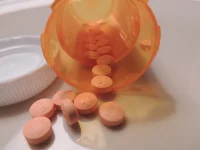
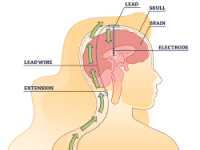


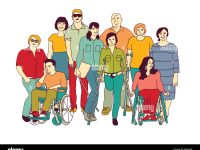


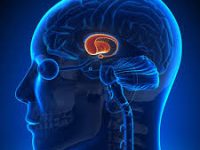
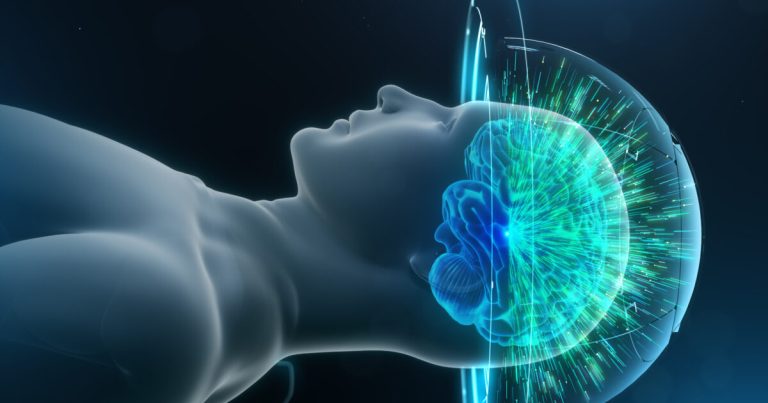
0 Comments